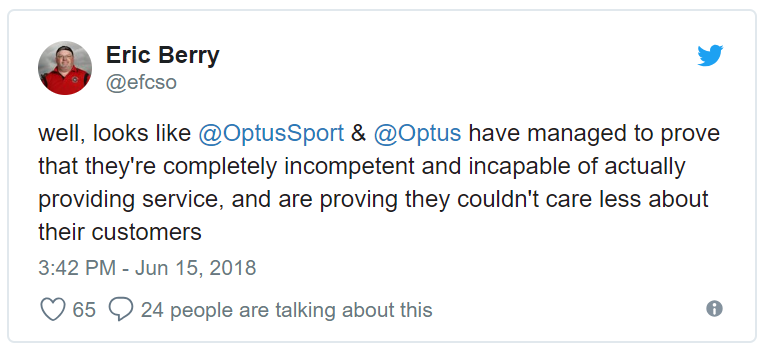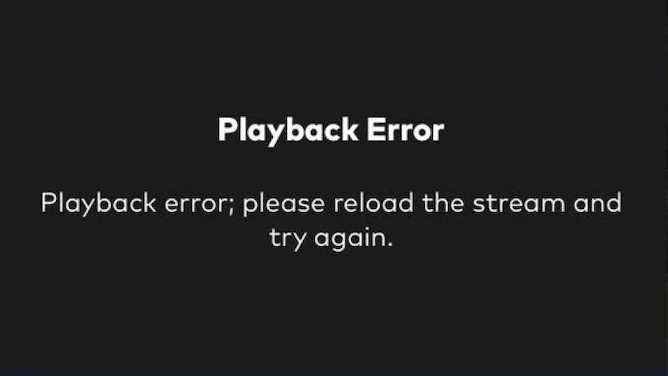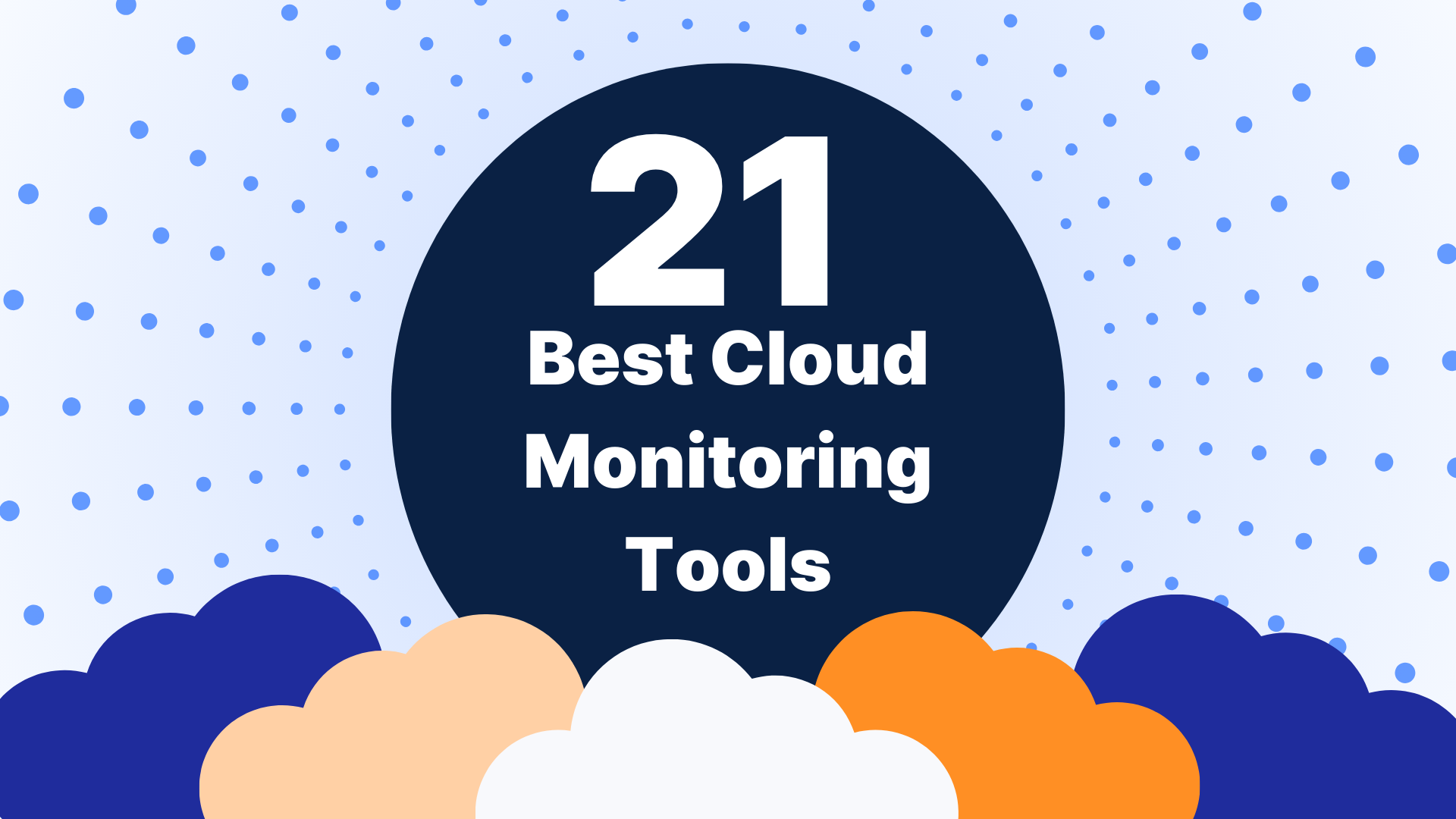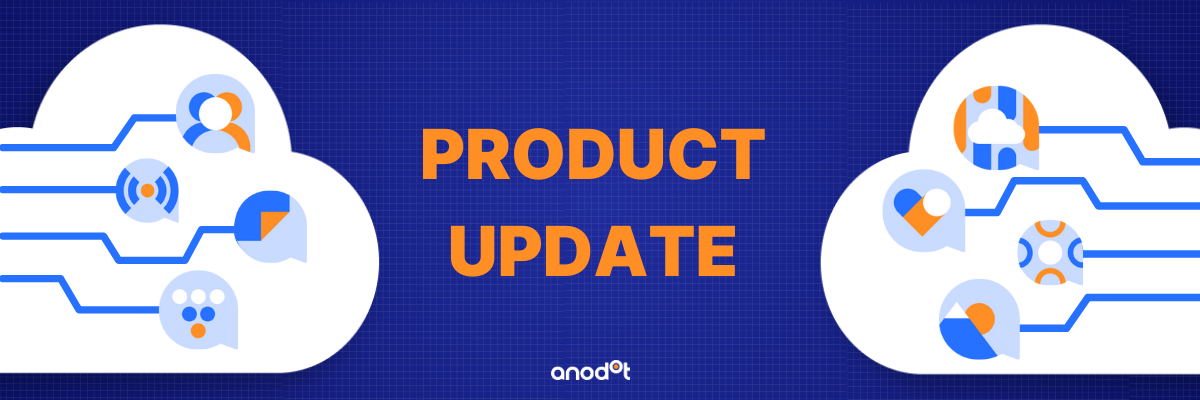Imagine getting ready for the opening game of the World Cup. Cold beers are on the table. Chips and snacks are on plates. You’ve taken over the living room. You are ready to watch the World Cup. Then you tried logging in to your streaming service and get a blank page.
This nightmare scenario is what happened to thousands of Australian viewers. Overcapacity issues shut down the streaming site for Optus Sport. “During the Group A game between Egypt and Uruguay, users complained of the streaming service dropping out and constantly buffering, making viewing difficult and leaving fans frustrated.”
While the free broadcaster, SBS has the rights to show 25 of the 64 games, fans who want complete coverage had to go through Optus – at a price. The Optus subscription service for non-Optus customers requires a monthly fee of $15.

Glitches Are More Common Than You Think
Glitches plague companies big and small. Even Netflix, one the most cutting edge and sophisticated entertainment platforms around, is not immune to outages that can last hours and affect users around the world (Yes, Netflix was down, but it’s back up again). How are smaller and less tech-savvy organization expected to cope? Though it’s hard to put a price on the loss of reputation, the amount of angry customers will stack up.
Data analysts can’t rely upon that what happened in the past will occur again in the future. Today’s organizations need to leverage data in real time – to show a game, to drive revenues, to get better performance results, etc.
Smart Error Handling Demands a Proactive Approach
Streaming providers have had few options when it comes to preventing failures in their platforms. The traditional approach has been to address issues when they occur, and then fix it as quickly as possible. In the Netflix case, they claimed they fixed the issue after about one hour. While that may not seem like long, fans were freaking out and trying to figure out what was wrong with their streaming service.
On the other side is to try to track everything that is happening with dashboards. Data drives decision-making. While the noise of a dashboard can be comforting, there is no assurance that the right contextual information is there to make a decision before customers feel the impact.
How do you tell which data is important, and which data is worth ignoring? You can’t, or at least you can’t filter data at the speed that business requires. Data complexity, data-type growth, and data volumes simply overwhelm the capabilities of dashboards, weakening the dashboard’s consumability. Who can focus their eyes in more than one place at a time.
Going back to the Word Cup, according to news reports the issues were attributed to an “extremely large number of customers registering for the first time on Optus Sport simultaneously”, and said it had increased capacity to “minimise the risk of this occurring again”.
Streaming platforms for a major sporting events don’t fail all at once. There are cumulative warning signs, such as an increase in the amount of new customers registering, or a spike in logins as a game begins. The ability to detect and interpret the warning signs that could have prevented such embarrassing glitches in the streaming service which left furious football fans unable to watch a match, and undermining their faith in the service. It’s much better to prevent a failure that can be identified early than to try to recover after the fact, and struggle to restore customer faith.
Anodot’s autonomous analytics gives companies the ability to collect and interpret time-series metrics from across their data collections in real-time, to detect and mitigate failures before they impact revenue and hurt reputations. This can protect companies from the types of disastrous events like have been seen so far during the World Cup.





